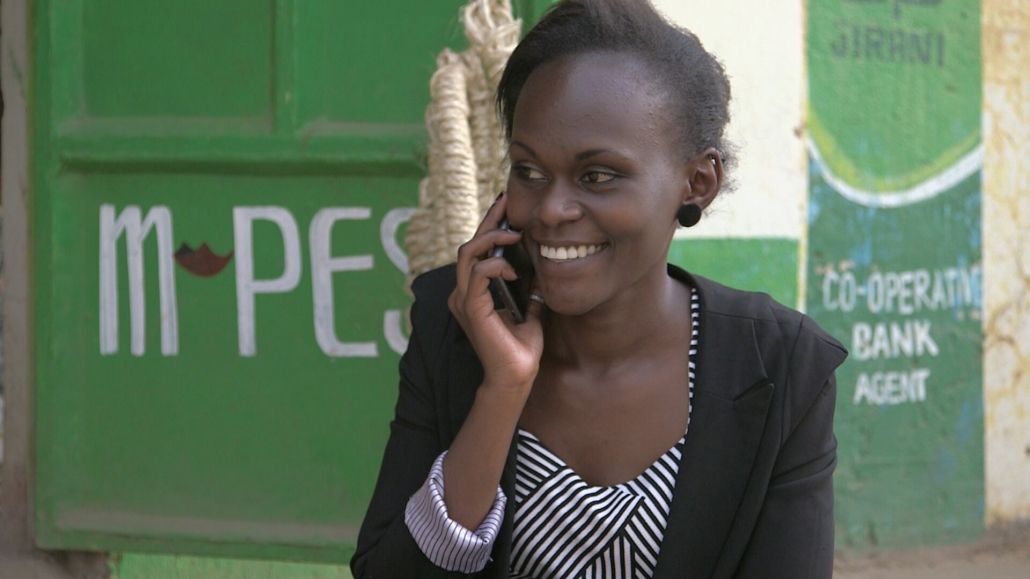The Benefits of Mobile Government

Worldwide, more people have access to mobile phones than to proper sanitation. As crazy as it sounds, mobile phone access can be advantageous. The International Telecommunication Union estimates that out of the 7 billion people on earth, around 6.5 billion have access to a mobile phone. As of 2018, 100% of the population in low- and middle-income countries had access to mobile phones, whereas 55% of the population in low-income countries owned a mobile phone. The pervasiveness of mobile technology can help build expansive government networks. Mobile Government (mGov) could provide citizens and businesses with extended benefits and stir up overall economic growth.
Since the COVID-19 pandemic began, several countries with pre-established digital governments have launched public services that people can access via mobile phones. The introduction of these online services could be a blessing for developing countries, where the communication between the government and the residents is almost nonexistent.
What is a Mobile Government (mGov)?
Mobile Government is a government-led platform that uses mobile technology to increase active participation in government operations while offering several government services and applications that individuals can access electronically. It provides quick and easy access to integrated data and location-based services and helps to empower citizens. Here are different ways Mobile Government can make a positive impact.
Increased Financial Inclusion
As per World Bank reports, by 2018, the number of people holding bank accounts shrank from 2.5 billion to 1.2 billion in just seven years. As a result, less than 50% of the adult population did not have a link to traditional banking systems. Therefore, to increase the financial inclusion of the citizens, governments all across the globe are undertaking initiatives to encourage and support the development of financial technologies.
In India, Jio, an Indian telecommunications company, in collaboration with the government, stirred a socio-economic revolution by providing subsidized 4G service to more than 200 million subscribers in under two years. Likewise, the mobile currency has transformed the Kenyan economy. More than three-fourths of the population have gained access to mobile wallets (M-Pesa) and can participate in financial transactions.
Similarly, online services can be useful in distributing money among the poor since only a small fraction have operational bank accounts. About 1.2 billion users across 95 countries use mobile money. Many countries use mobile payment services to provide monetary assistance through Government-to-person (G2P) payment systems.
In Bangladesh, the government is providing 5 million families with economic support by transferring money online, ensuring that families have a stable recovery from the COVID-19 pandemic. The usage of mobile has helped reduce corruption dramatically, improve access to financial services and boost participation in economic activities.
Better Access to Essential Services
Mobiles have made access to health, education, agriculture and other services trouble-free for the general public. In the same way, mobile phones are going toward addressing serious health problems. Increased communication can bring awareness about safe drinking water, birth control, maternal health and malnutrition amongst many others.
Globally, 774 million people are unable to read or write. Out of that group, 123 million are youth. One can frequently trace illiteracy to a lack of books. Studies have revealed a positive correlation between high illiteracy rates and a shortage of books. The majority of people in sub-Saharan African do not have access to books and the schools in the region rarely do anything about it. As a solution, several developing countries have replaced physical texts with online books, allowing a larger proportion to access books. For instance, educators in schools in countries like Zimbabwe, Uganda, Nigeria and Pakistan read stories to the children from mobile phones.
Mobile phones can also combat dengue fever in Pakistan. Sanitary workers use smartphones to send geo-tagged images of swamps to the central health experts. Afterward, health experts monitor the images.
The agriculture sector in Ethiopia and Uganda also utilizes mobile phones in a significant way. It employs mobile phones to deliver early alerts on droughts, food shortages, pests and weather-related calamities.
Enables Social Accountability
The governments in developing countries are using mobile technology to promote the use of SMS texts to enhance social accountability among the citizens. A study that took place in 46 African countries unearthed a correlation between high mobile penetration and low corruption rates.
In several developing countries, citizens receive encouragement to notify their governments of any matters that require addressing. In Pakistan, the Director-General of the Passport Office sends a message to the visitors inquiring about any bribery encounters or any other issues.
Mobile Government can be a powerful tool, useful in extending access to existing services, developing further innovative, inclusive services and increasing citizen participation in all realms of the public sector. Mobiles can dynamically foster civic engagement, facilitate transparent democracy, reform the outdated educational systems and create advanced healthcare infrastructure in developing countries. The use of mobile technology can tackle the growing digital divide between low-income and high-income countries. Hopefully, this will uplift the economies and literacy rates in developing countries.
– Prathamesh Mantri
Photo: Flickr
